The 7 Coolest Google Cloud Services To Watch

Increasing Clouds
Google Cloud Platform, the third-largest cloud provider, has been giving the cloud competition -- namely, Amazon Web Services and Microsoft Azure -- a run for their money.
While it may have lost a few early battles to its fellow cloud giants, Google has been aggressively going after more business customers by making its cloud platform known for its artificial intelligence (AI) and machine learning capabilities. Today, Google has a large suite of cloud services available in 17 regions and 52 zones ranging from storage and database services, data analytics, and networking and management solutions.
Here are seven Google cloud services that are rising stars or just emerging onto the cloud scene that solution providers should be keeping an eye on.
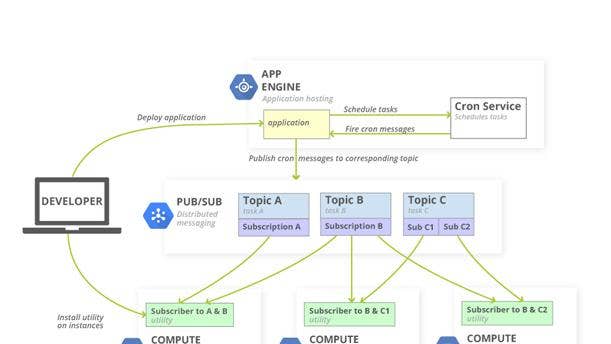
Google Cloud Scheduler
Released this month, newcomer Google cloud service, Cloud Scheduler, is a new, fully-managed IT automation service that's built on Google Cloud's open source job scheduling tool, cron.
Google Cloud Scheduler lets developers run maintenance tasks and other technical operations, such as database changes, at predetermined intervals through a UI in the Google Cloud Console. Developers can also retry jobs across multiple data centers should a location experience any technical issues, according to Google.
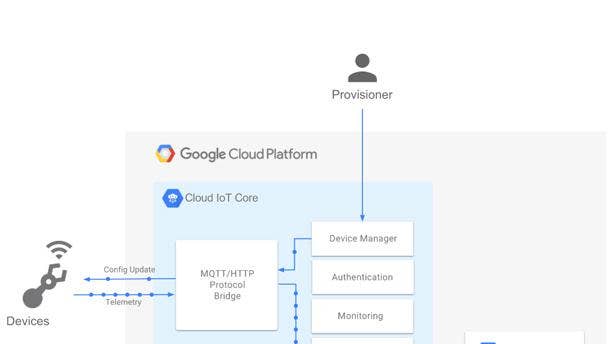
Cloud IoT Core
Google's Cloud IoT Core is an offering that will undoubtlby be heating up, especially as more solution providers build practices around IoT.
Cloud IoT Core is a fully-managed service that lets users securely connect, manage, and ingest data from millions of globally dispersed devices, according to Google. The service, which was first introduced in February, can be used alongside other Google Cloud services for data analytics, including Google Cloud Pub/Sub, Dataflow, Bigtable, or BigQuery. Google's payment plans for IoT Core are based on the volume of data exchanged with the service and is offering a free tier for the first 250MB per month.
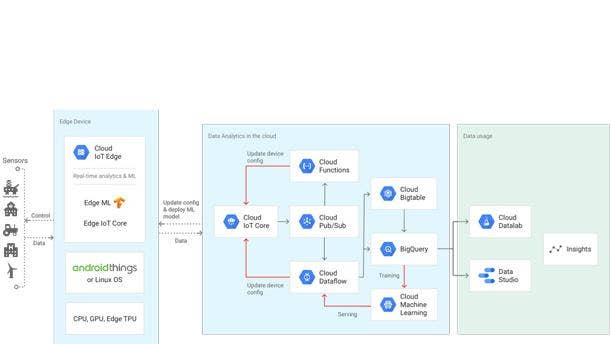
Cloud IoT Edge
Along the same vein, Google has developed a brand-new offering, Cloud IoT Edge, which is still in alpha version.
The still-in-the-works offering will extend Google Cloud’s data processing and machine learning capabilities to billions of edge devices, including robotic arms, wind turbines, and oil rigs. Cloud IoT Edge can process and analyzes images, videos, gestures, acoustics, and motion locally on these edge devices so these endpoints can act on the data generated from their sensors in real-time and make predictions, Google said. Today, Cloud IoT Edge can run on Linux-based operating systems.
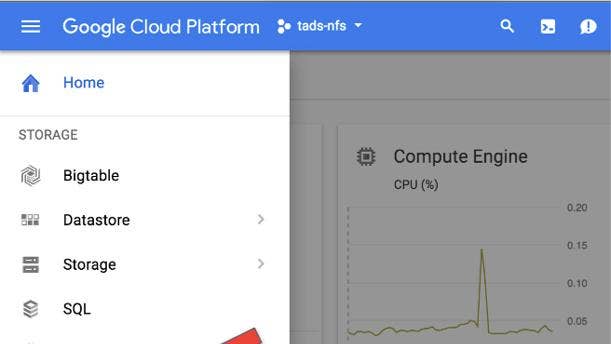
Google Filestore
Google this summer released a new storage option, Google Firestore, which is currently in beta. The latest storage service gives developers a fully-managed, cloud-based network attached storage (NAS) option that allows users to spin up storage as needed.
Filestore offers low latency for file operations, such as workloads like content management systems, databases, random i/o, or other metadata intensive applications, according to Google. The service is also tightly integrated with Google Kubernetes Engine so businesses' containers can reference the same shared data.
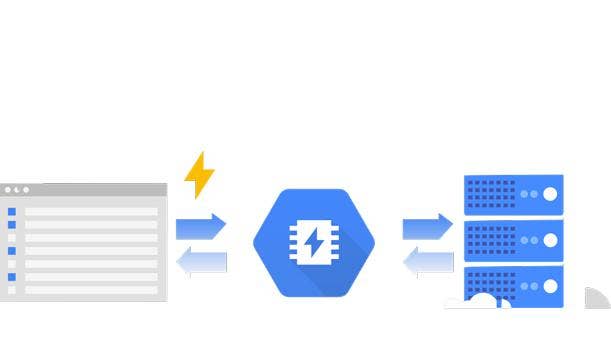
Cloud Memorystore
Following a five-month-long beta, Google in September announced that Cloud Memorystore for Redis, its fully managed in-memory data store, is now generally available with a few additional capabilities.
Cloud Memorystore is a managed solution that was designed to work with the Redis protocol, an open-source cloud data service. Developers can use Cloud Memorystore to build application caches that provides sub-millisecond data access, Google said.
Cloud Memorystore currently offers two service tiers — a basic tier for simple caching and a standard tier for users who need a highly available Redis instance. Updates since the beta process include improved logging and the ability to view metrics in Stackdriver, a monitoring service for cloud applications.
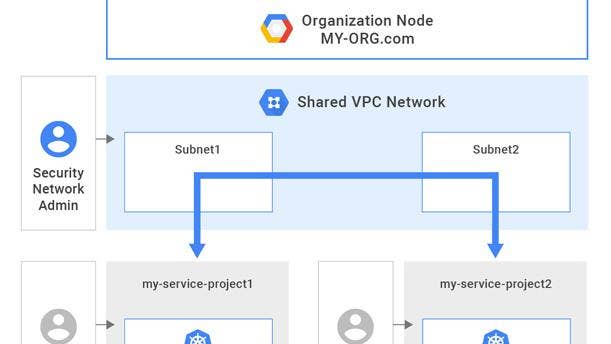
Google Kubernetes Engine
Google's own four-year-old Kubernetes Engine, a managed, production-ready environment for deploying containerized applications, has grown into arguably the most popular container management solution among developers. But that doesn't mean Google is resting on its laurels.
Google is constantly extending more of its cloud services to the Kubernetes platform, most recently being Spinnaker, a continuous deployment platform created by Google and Netflix. At the same time, tech competitors are all supporting Kubernetes, such as Amazon Web Services, Microsoft Azure, and Cisco. Solution providers should keep an eye on Kubernetes to see how the competition continues to heat up in 2019.

Cloud Healthcare API
One vertical that Google has been getting specific about is healthcare. With that in mind, Google launched the Cloud Healthcare application programming interface (API) in March to address interoperability issues in the healthcare space, specifically between care systems and applications build on the Google Cloud Platform.
The Cloud Healthcare API is an open-source product that healthcare providers can use to collect and manage medical data via the cloud, including DICOM, HL7 and Fast Healthcare Interoperability Resources (FHIR) standards. Google said that providers can use the tool to run analytics and machine learning to identify patterns that could help improve patient outcomes.